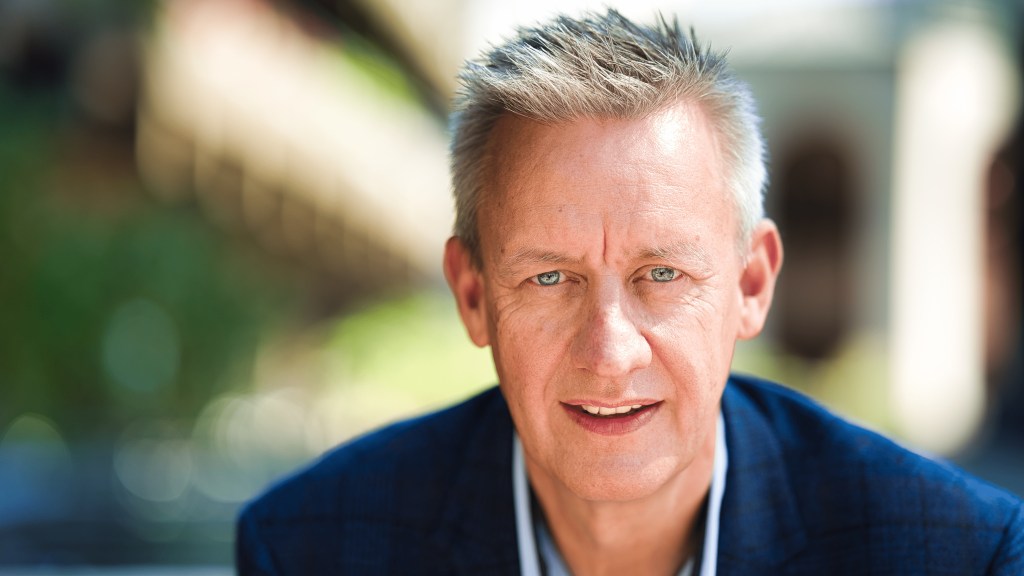Insights on Ego and Acceptance from Russell Dalgleish
Russell Dalgleish, the co-founder and chairman of the Scottish Business Network, has spent years fostering connections among 12,000 Scots across 75 countries. Hailing from Selkirk and now 60 years old, Dalgleish established the network in 2015 alongside Christine Esson, following a diverse career that included leadership roles in software and engineering firms. Throughout his journey, he confronted addiction and reexamined his priorities, arguing that fighting against unfavorable circumstances consumes valuable energy.
The desire for advancement can often stem from a focus on self-interest.
Dalgleish’s career took a transformative turn when he recognized his battle with alcoholism. Part of his recovery involved reshaping his emotions and motivations.
Learning to manage his ego through a process of acceptance proved pivotal. This acceptance involves taking responsibility for life choices and reflecting on conflicts with the question, “What could I have done better?”
This approach does not equate to being submissive. By embracing ownership, one can experience a profound release from resentment, redirecting focus towards constructive outcomes rather than dwelling on past grievances.
Career Growth through Self-Discovery
Dalgleish shifted his focus away from climbing established ladders of success. Many professionals find their upward trajectory increasingly dissatisfying.
Instead, he concentrated on leveraging his true strengths rather than engaging in political maneuvering and backstabbing. He recognized that his communication skills thrived in public speaking, as he felt secure in his authenticity rather than performing under pressure.
An important lesson from his experiences with addiction is the clarity that honesty brings, making it easier to recall events without the burden of fabricated narratives.
Travel also became a significant aspect of his life, enabling him to build networks, including one that connects the global Scottish diaspora. Starting with a small gathering in London, the initiative expanded significantly, attracting notable figures like Martin Gilbert, then CEO of Abrdn, who expressed interest in participating in their events. Such moments reinforce the feeling that one is supported by the universe.
The Challenge of Acceptance
The practice of acceptance can be especially challenging, as it often conflicts with the natural desire to be right, a trait typically observed in men. Dalgleish recalls a pivotal moment in 2008 when he was passed over for a CEO position in favor of another candidate. The instinctual reaction for many might be resentment.
However, Dalgleish refrained from negative thoughts and instead chose to congratulate the new appointee and offer his assistance. Three months later, the board appointed him to the role, as the individual he had supported struggled to meet the demands of the position.
Balancing Acceptance and Determination
Over time, discerning when to accept circumstances and when to persevere became instinctual for Dalgleish, although it began with considerable reflection. In a market flooded with self-help literature, he finds guidance in earlier works like Dale Carnegie’s “How to Win Friends & Influence People,” which emphasize personal growth.
He dedicated time to self-exploration, evaluating his strengths and weaknesses to distinguish between ego-driven responses and positive actions.
For instance, when a sales opportunity fails to materialize, he turns inward instead of assigning blame. He analyzes whether he was adequately informed or if he overlooked essential details. This self-reflection increases the chances of future success and reinforces ongoing professional relationships.
Russell Dalgleish shared these reflections in a conversation with Richard Tyler, editor of the Times Enterprise Network. The Scottish Business Network has an upcoming networking event scheduled for September 12 in Belgravia, London.




Post Comment